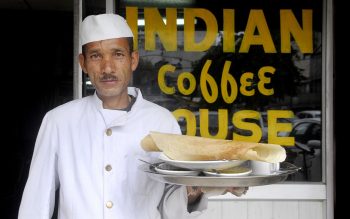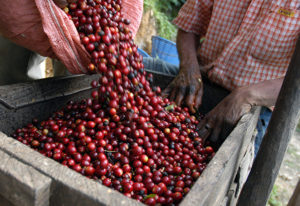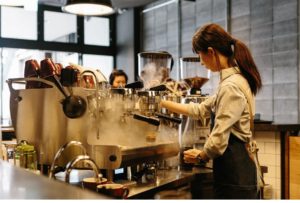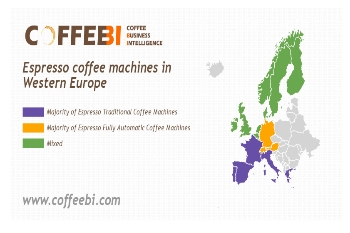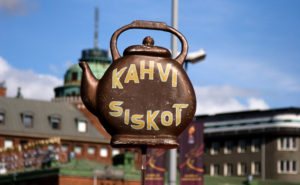Previously the coffee demand in Indian market used to be limited to instant coffee and ready ground filter coffee which is now diversifying into more innovative coffee varieties. This in turn is showing, the automatic and semi-automatic machines that are capable of brewing Italian coffee, their way into the Indian market.
As the India Coffee Shops & Cafe Market Forecast & Opportunities report, coffee market and café culture is expected to grow to a one billion Rupee value by 2017, that’s more than 14 million USD. The growth is quite evident as the outlets of various coffee chains can be seen popping up. Among the most popular coffee chains are the Café Coffee Day and Barista. [Sign in to continue]

